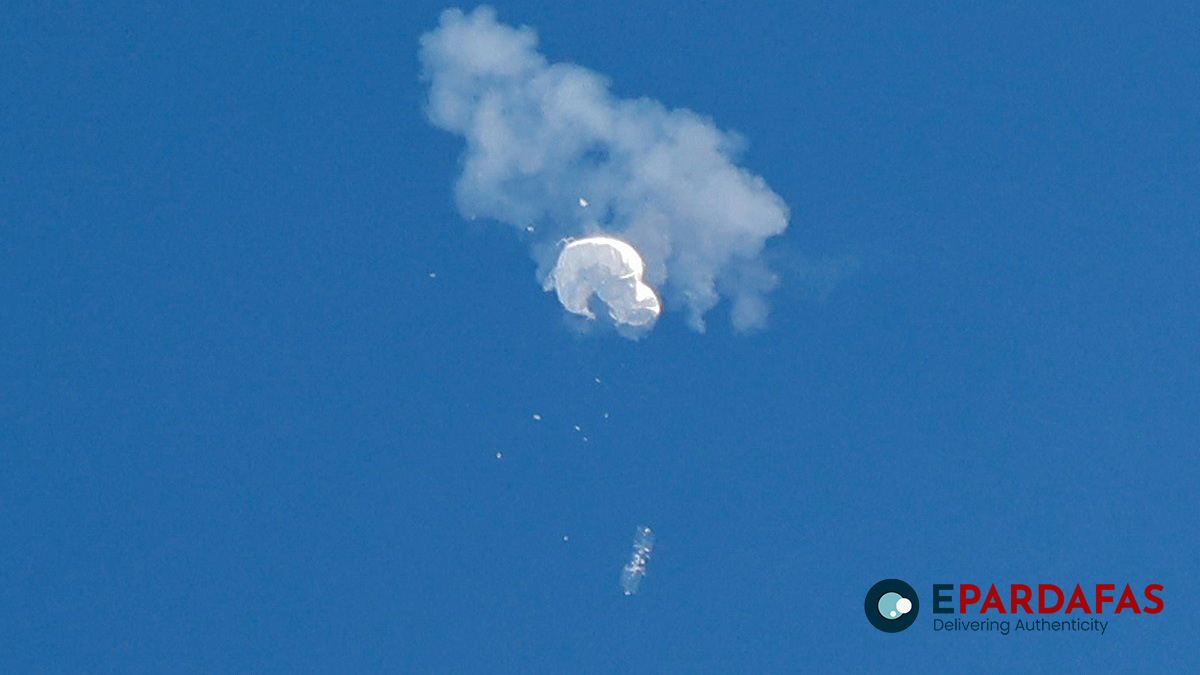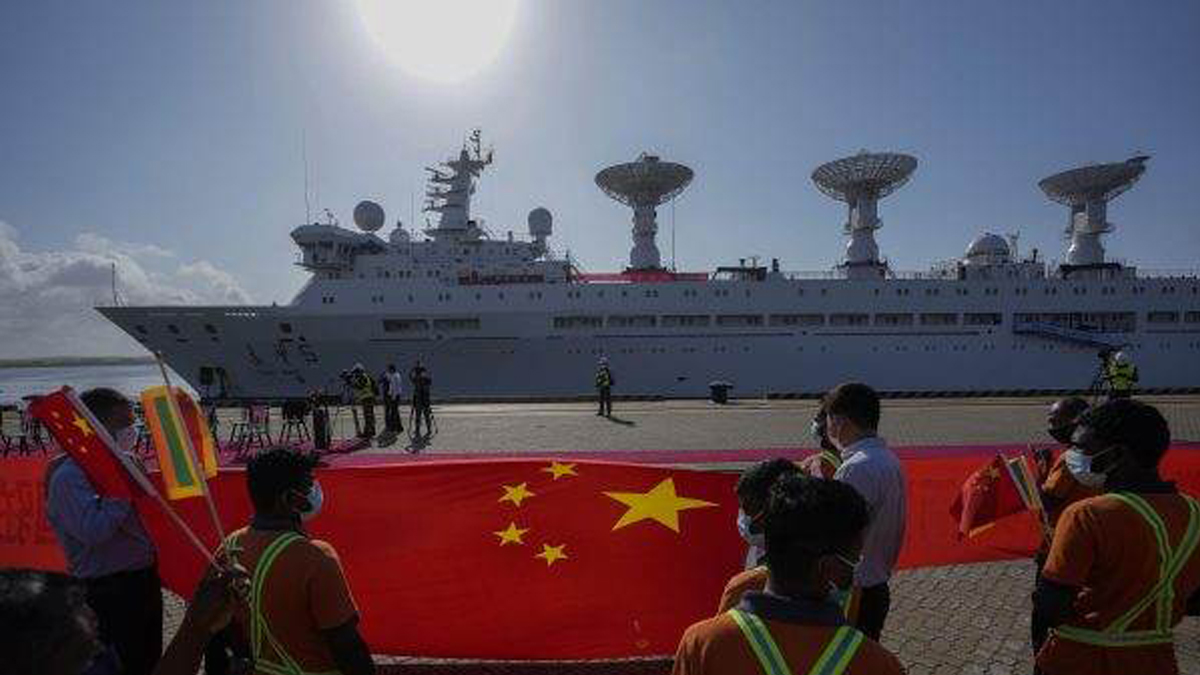
China’s expansionist ambitions in the Indian Ocean: A cause for concern?
The ongoing power struggle between China and the United States, along with their respective allies, has led to a precarious and unstable situation in the Indian Ocean region. This struggle for influence has raised concerns regarding the safety and security of the region, which serves as a vital transit route for global trade.
The Indian Ocean region is an area of strategic importance, as it houses several critical maritime chokepoints, including the Strait of Hormuz and the Malacca Strait. Any disruption to the free flow of goods and services through these chokepoints can have severe economic implications for countries around the world.
In order to safeguard their interests, both China and US are actively and assertively seeking to establish military bases in close proximity to strategic chokepoints, placing significant strain on smaller countries in the region.
These countries are compelled to exercise caution in their actions, as they are under close scrutiny by major powers in the region. Among these major powers, China is known to be the largest offender, frequently employing covert methods to gain favorable outcomes from other nations.
The response of the Indian security establishment and media to reports of Chinese-funded and operated “radar stations” in Myanmar and Sri Lanka serves as a vivid example of the mounting apprehensions regarding China’s expansionist ambitions in the region.
In January 2023, Maxar Technologies, a company with strong connections to the United States government, publicly disclosed satellite images which showed that construction activities had resumed on Myanmar’s Great Coco Island. The release of these images represents a significant development, as the island has previously been a subject of concern for various international entities.
The images have surfaced, depicting the construction of two new hangars, a new accommodation block, and cleared land for additional construction. These developments have raised suspicions about China’s intentions, as the extent and purpose of the construction remains unclear.
China often employs a tactic known as “salami slicing,” in which they take small, apparently insignificant steps that may seem harmless at first glance, but are actually part of a much more sinister plan.
To give an example, China frequently sends its ships into the South China Sea, disregarding the borders of neighboring countries, and justifies it as “research exploration.” It would be unwise and unsafe to give China any room for maneuver in this issue.
Damien Symon and John Pollock’s report for Chatham House sheds light on India’s concern that China might use Myanmar to conduct naval espionage in the Great Coco region. The authors point out that discussions around the Coco Island chain have been clouded by conspiracy theories, with any attempt by Myanmar to strengthen its military presence being viewed as an indication of China’s involvement.
China’s actions in this regard have contributed to regional instability, and the international community must denounce them.
The Indian media has reported on China’s alleged plan to establish a radar station in the southern region of Sri Lanka, citing “intelligence sources”. Such reports fuel existing suspicions about China’s aggressive expansionist agenda in the Indian Ocean.

China has a history of employing aggressive tactics, as evidenced by its salami slicing strategies and recent weather balloon spying incident in the USA. The proposed radar station has the potential to monitor the activities of the Indian Navy, as well as critical strategic assets in southern India such as the Kudankulam and Kalpakkam nuclear power plants. These plants are major sources of India’s nuclear energy, and any disruption to their operations would threaten India’s energy security.
Additionally, the radar station could track the activities of the US military base at Diego Garcia, which is a vital asset for the US in the region. Any surveillance or interference with the activities of this base would be seen as a direct threat to the national security of the United States and could have serious implications for regional stability.
The involvement of China in the construction and operation of the proposed radar station has only added to the already tense geopolitical atmosphere in the Indian Ocean region. China’s increasing presence in Sri Lanka and Myanmar has been a source of speculation and controversy, with India viewing these countries as crucial to China’s strategy to undermine its influence in the region.
The Indian media has published numerous articles alleging China’s involvement in various developments in these nations, further contributing to the already strained geopolitical atmosphere. The concerns raised about the proposed radar station and China’s intentions must be taken seriously and require appropriate action by the international community to maintain regional stability.
The question arises that if China’s intentions are not nefarious, why do they refrain from publicly disclosing their relationship with countries like Myanmar and Sri Lanka? It is only natural for India to take necessary measures to defend itself against the untrustworthy actions of China.
In the 1980s, as the relationship between Myanmar’s military and China improved, speculations arose that Myanmar could become a “satellite” or “client state” of China. Reports about China’s arms sales to the Myanmar junta and references to Chinese military bases in Myanmar further fueled these perceptions. Unfortunately, such actions by China only heighten regional tensions and threaten the stability of the Indian Ocean region.
Despite the involvement of regional and international actors, China, Myanmar, and Sri Lanka have failed to provide detailed information about their developing ties. Instead, they have issued vague press releases that shed little light on the specifics of their economic agreements or the nature of their defense links. This lack of transparency only adds to the concerns surrounding their strategic intentions.
The Myanmar junta seems to be afraid of any foreign military intervention that could potentially restore democracy, which has led to an overall feeling of insecurity among them. Therefore, it is crucial to gain a better understanding of their strategic intentions. However, the lack of clarification from the involved parties has only served to confuse the global order, sending the wrong message in the process.















Comments